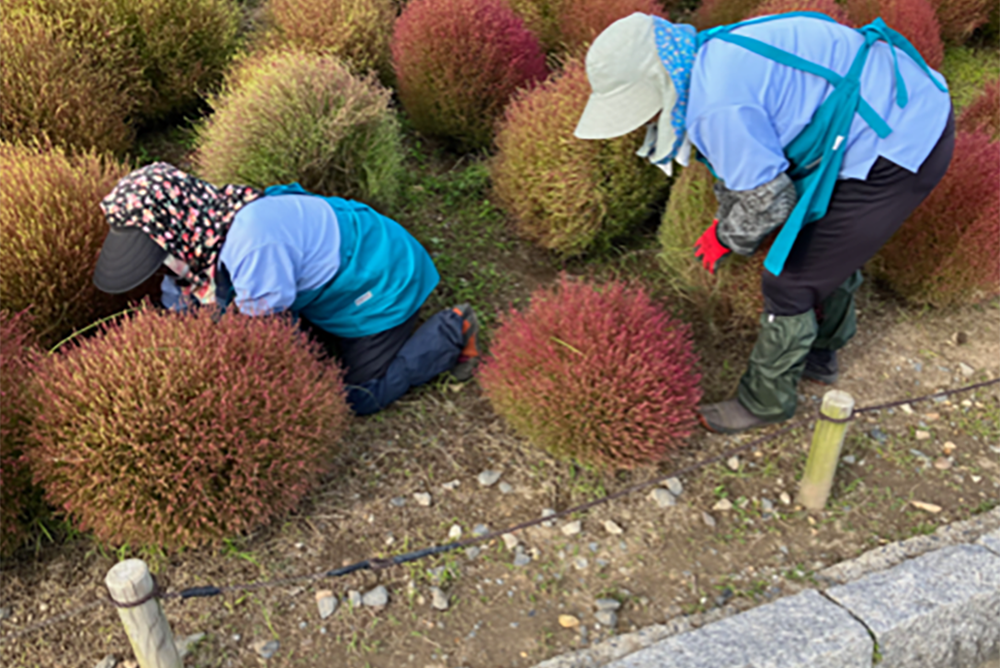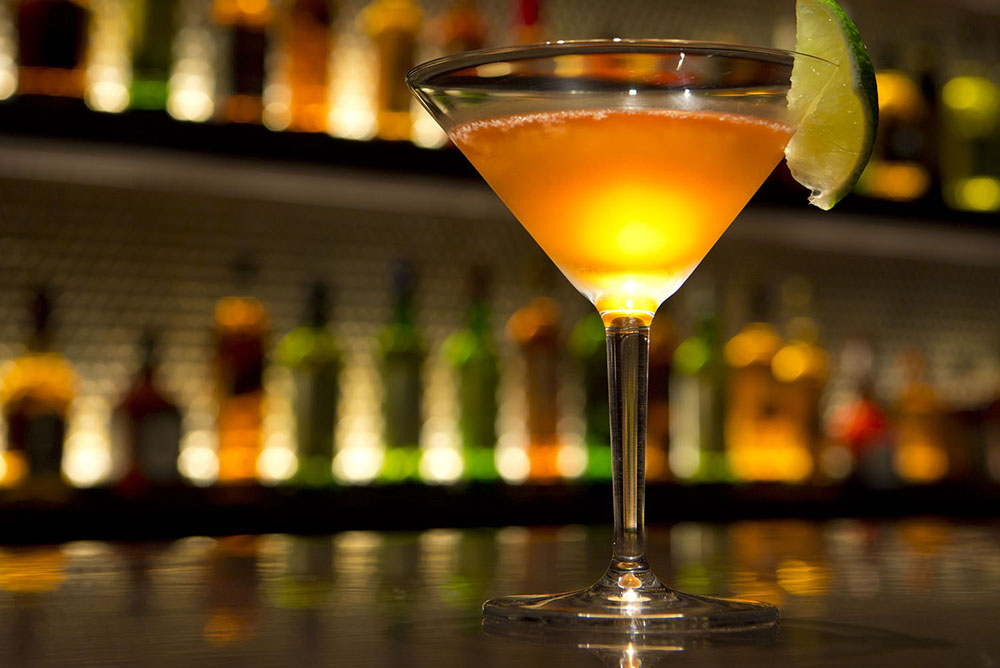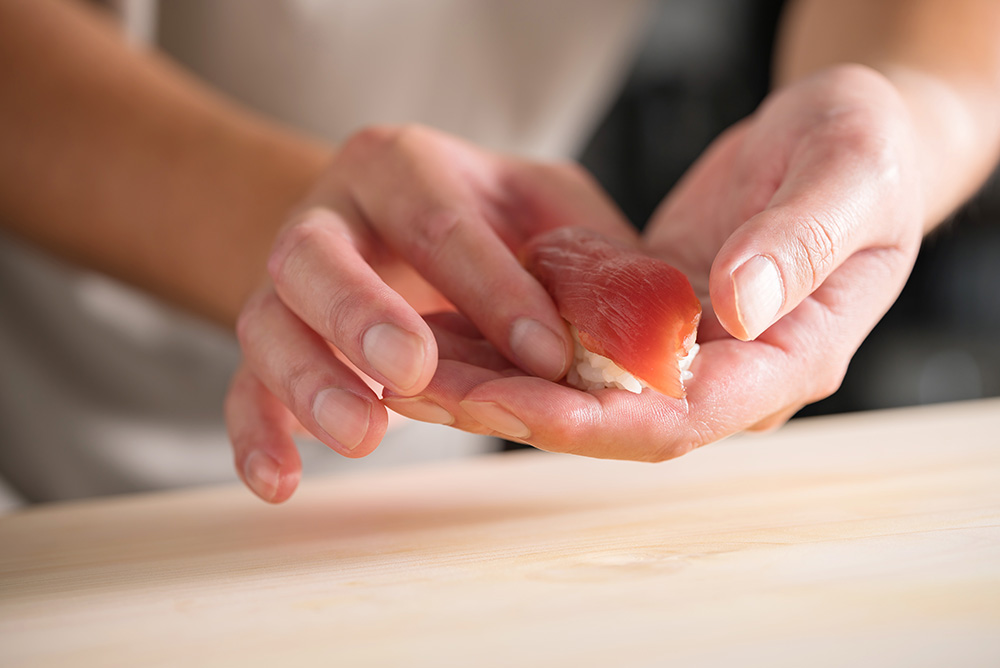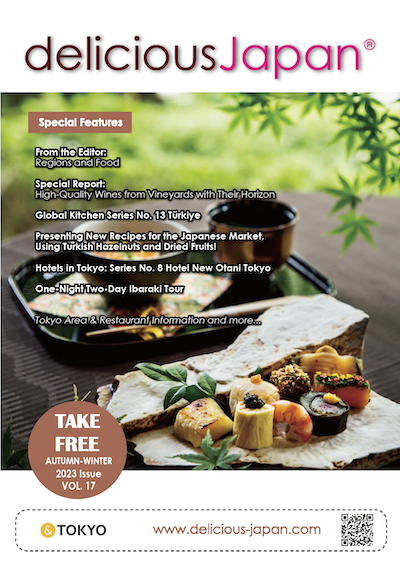
The Frontline of Promoting Inbound Tourism: The Night-Time Economy
Musicals, live concerts, and dance. Europe and North America have deeply-rooted club cultures that adults enjoy until late. There is a building momentum in Japan too, towards a boom in the night-time economy. That trend was prompted by numerous foreign visitors to Japan saying “there aren’t enough places to have fun at night”. Opening up nightlife between 8pm and 3am is an urgent task for promoting inbound tourism to Japan.
Europe and North America Lead in the Night-Time Economy
Moves to focus on night-time economies are global. The model is New York’s Broadway. Musicals open until around 11pm. Public order is maintained and the subways run around the clock, so that a wide range of tourists will come to Broadway. The economic impact of Broadway can be calculated as around JPY1 trillion per year. Last year, the Underground in Britain started running around the clock too. The plan is to nurture a market of JPY4 trillion over 10 years. Club culture is also booming in Berlin and Amsterdam.Japan's New Challenge Towards Night-Time Economy
Japan is also trying new ideas, as model cases for enjoying tourism, accommodation, and entertainment together. “Robot Restaurant” in Shinjuku and “Kawaii Monster Café” in Harajuku have been widely presented as nightlife centers until now. Big companies are now starting to move into this wide open field. The “Wa!! - Wonder Japan Experience” is a 70-minute show in which the Argentinian performance troupe Fuerza Bruta blends music, light, video, and dance, while also incorporating elements of Japanese culture, such as taiko drums. Performances start as late as 8pm, and the show has enjoyed a long run. JTB’s new drumming entertainment "Mangekyo" has been performed 60 times this year, and it is to run to 200 performances in FY2018. Night shows start at 8:30.Facilities such as private aquaria and libraries also stay open until late at night, and night-view tours of industrial plants are becoming popular. Successful examples such as these have started to crop up as “points” in many regions. What Japan needs now is to join these points into lines, and spread lines into areas, getting ready to welcome foreign visitors to play and to stay. The Japanese government has established a study group to raise the night-time economy, and is working to solve problems such as transport infrastructure and restrictions on locations and overtime.
Also, the Integrated Resort Promotion Law (Casino Law) was passed by the Diet in December 2016, and the corresponding implementation bill is being formulated. Such facilities are expected to open after the 2020 Tokyo Olympics, when integrated resorts, combining diverse attractions, will be a new tourism resource for Japan.





